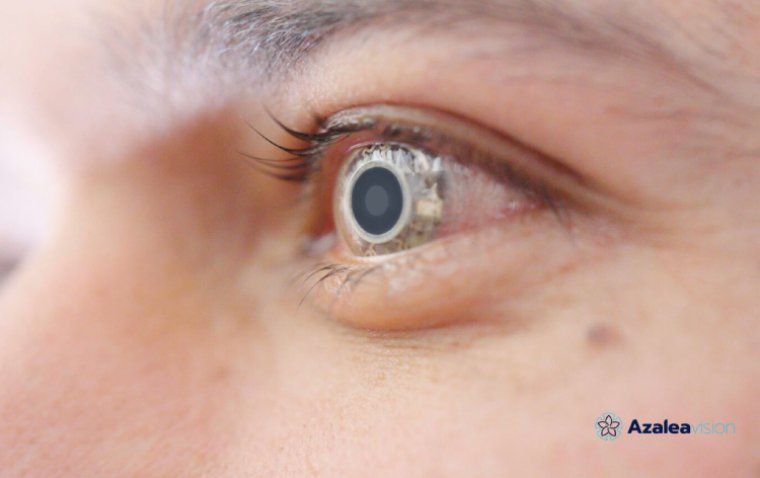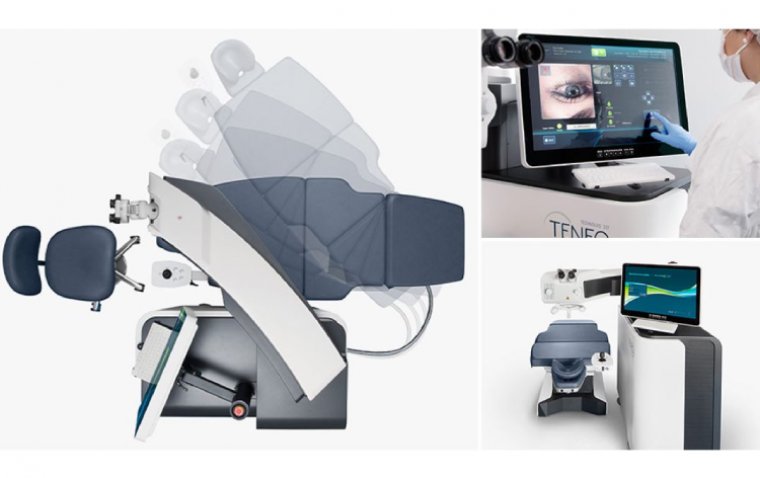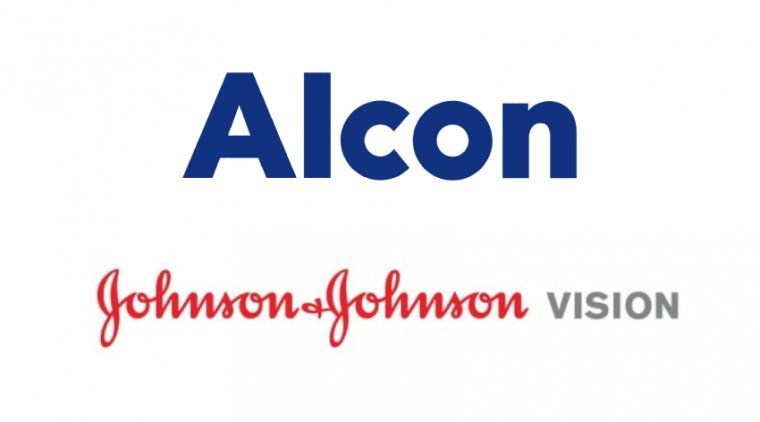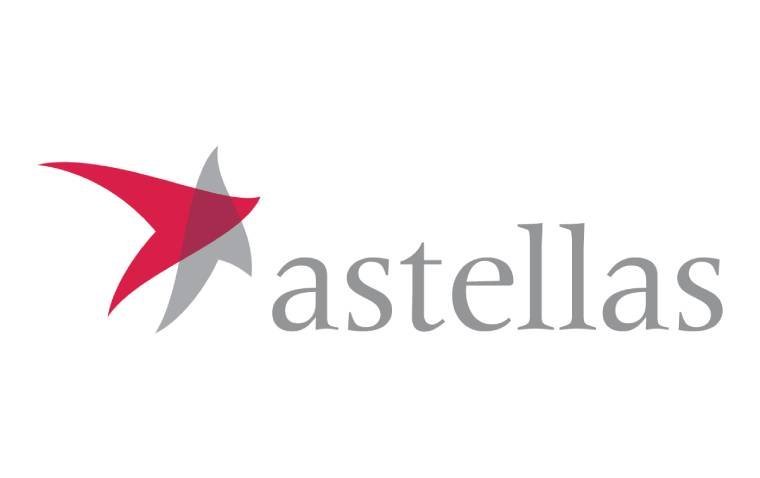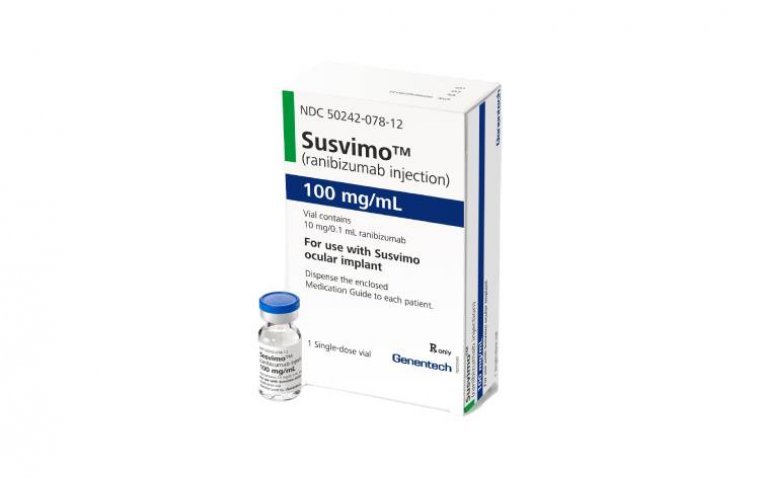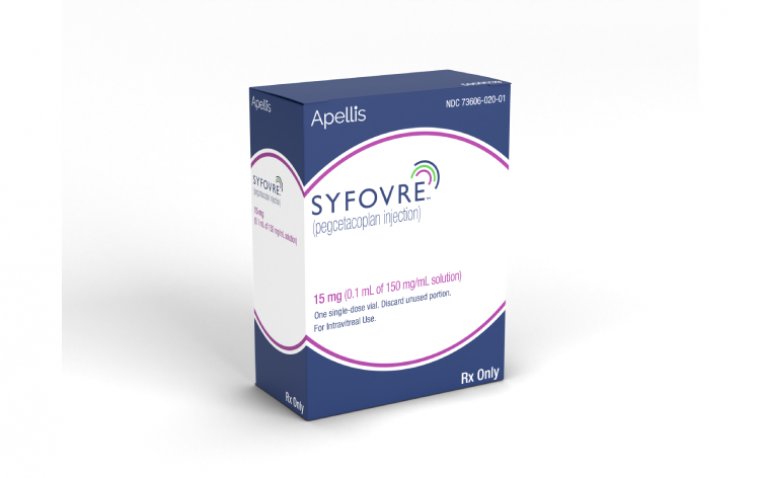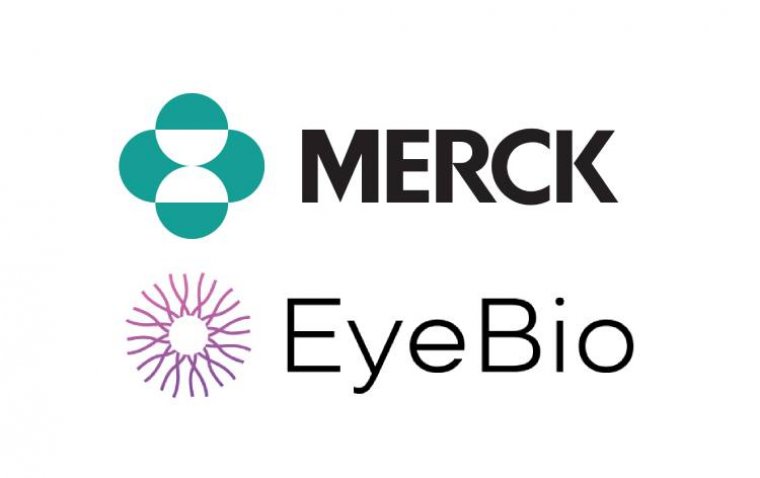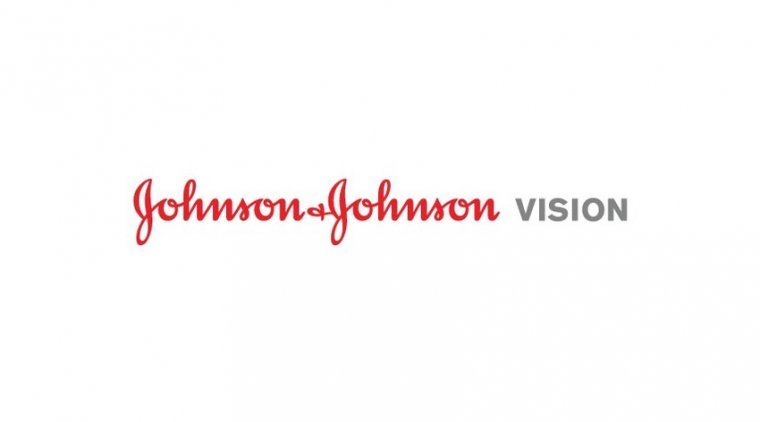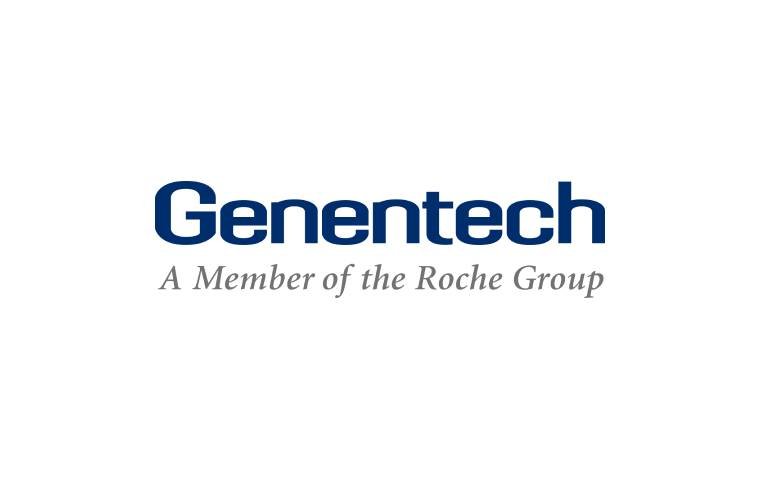
FDA Approves Genentech’s Susvimo for the Treatment of Diabetic Retinopathy
Genentech has announced that the U.S. Food and Drug Administration (FDA) has approved Susvimo (ranibizumab injection) 100 mg/mL for the treatment of diabetic retinopathy (DR). With this approval, Susvimo becomes the first and only FDA-approved continuous delivery system shown to maintain vision in patients with DR using just one refill every nine months.
The treatment is now available in the U.S. for retina specialists and eligible patients with DR who have previously responded to at least two anti-VEGF intravitreal injections.
A Long-Acting Alternative to Monthly Injections
Susvimo offers an alternative to traditional frequent anti-VEGF injections by delivering a customized formulation of ranibizumab through a refillable eye implant called the Port Delivery Platform. This device is surgically implanted in a one-time outpatient procedure and delivers continuous intraocular therapy, aiming to reduce treatment burden while preserving vision.
“The approval of Susvimo for diabetic retinopathy expands treatment options for patients, offering predictable and immediate durability after implantation with only one treatment every nine months,” said Levi Garraway, MD, PhD, Chief Medical Officer and Head of Global Product Development at Genentech.
“Many patients with common retinal conditions seek alternative treatment options like Susvimo that can help preserve vision with longer intervals between treatments than regular eye injections.”
Clinical Trial Data Supporting FDA Approval
The FDA’s decision is based on data from the Phase 3 PAVILION study, which evaluated the safety and efficacy of Susvimo in patients with DR.
Key Results from PAVILION:
• Patients who received Susvimo with a 9-month refill schedule demonstrated superior improvement on the Diabetic Retinopathy Severity Scale (DRSS) compared to those managed under monthly clinical observation with anti-VEGF treatment as needed.
• No participants receiving Susvimo required supplemental treatment at the 1-year mark.
• The safety profile was consistent with prior findings and the known safety characteristics of Susvimo.
Expanding Indications
With this latest FDA approval, Susvimo is now indicated in the U.S. for:
• Wet age-related macular degeneration (AMD)
• Diabetic macular edema (DME)
• Diabetic retinopathy (DR)
For patients who have previously responded to at least two intravitreal anti-VEGF injections.
Safety and Risk Considerations
While Susvimo offers long-term treatment benefits, the implant procedure and ongoing use carry specific safety considerations. Known risks related to implantation, filling, refilling, or removal may include:
• Endophthalmitis
• Conjunctival erosion or retraction
• Rhegmatogenous retinal detachment
• Implant dislocation or damage
• Vitreous hemorrhage
• Conjunctival bleb formation
• Temporary decrease in vision post-implantation
(1).jpg)

